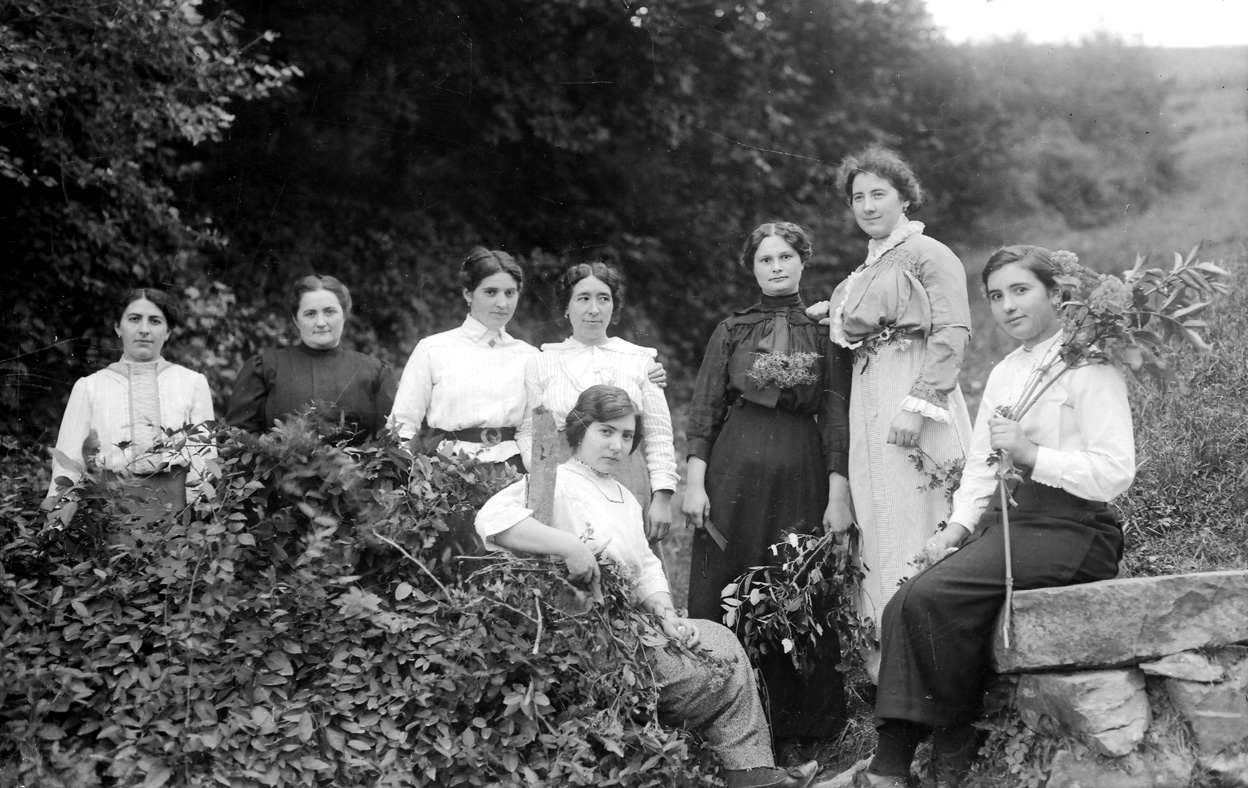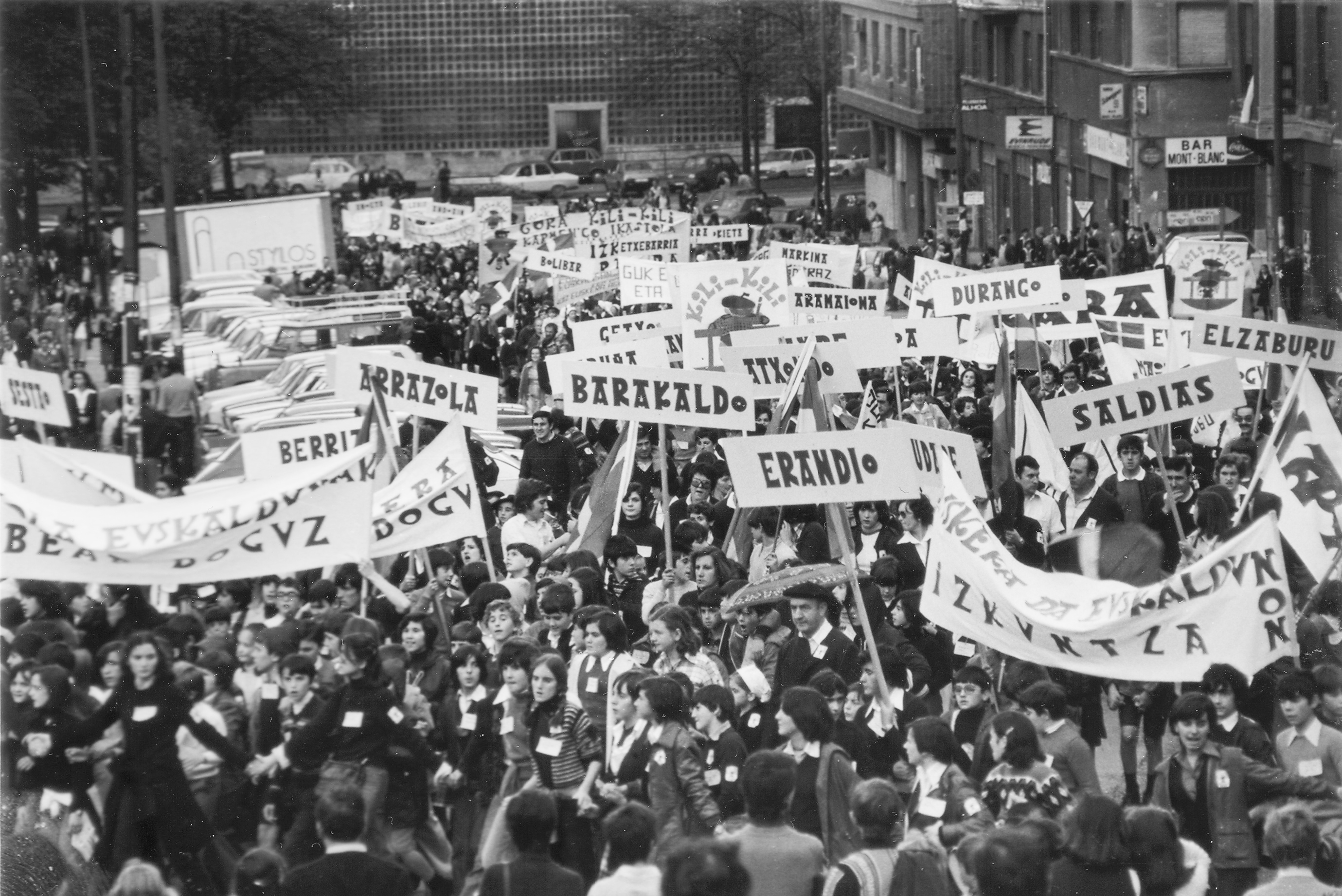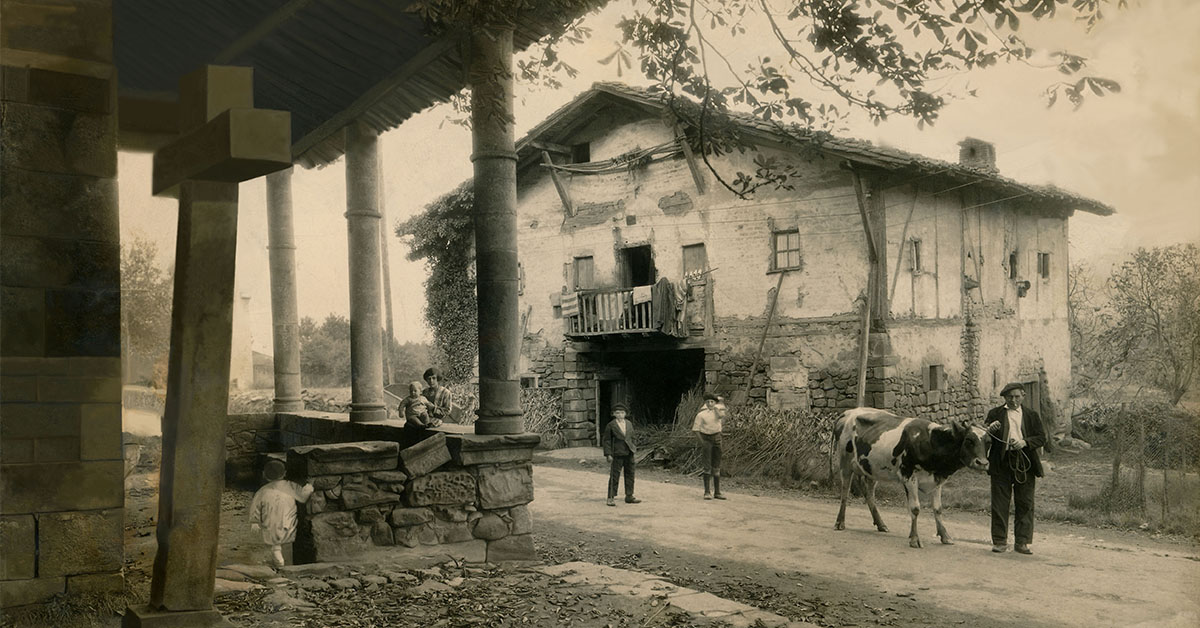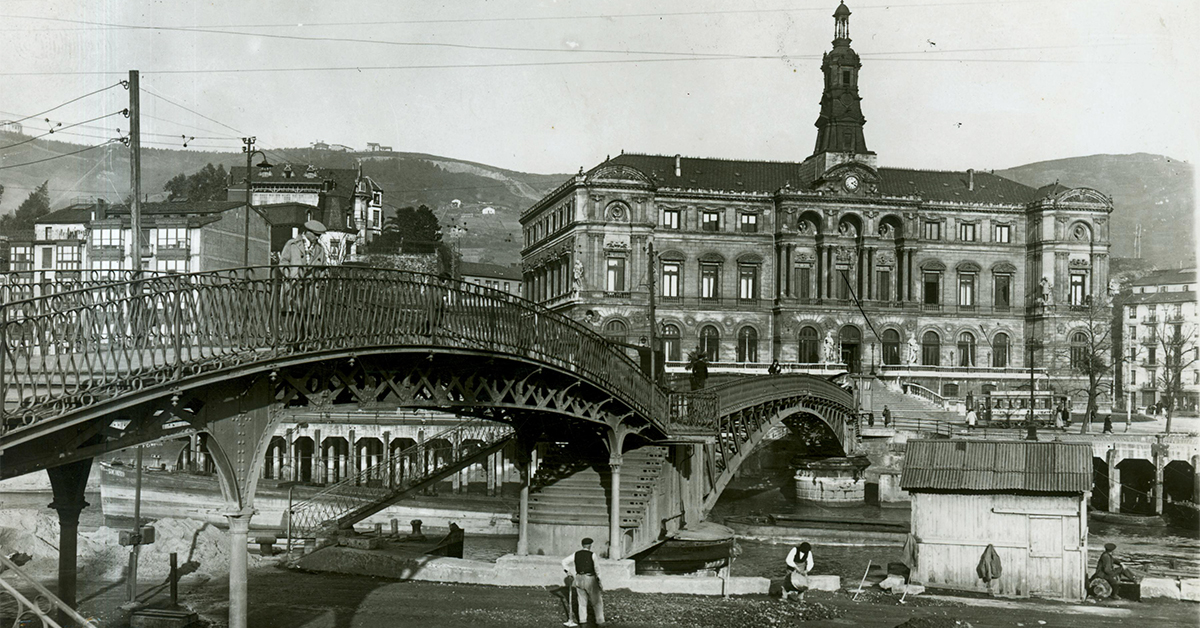Archives
In the first section of the article entitled Euskarakadak we talked about phonetic issues, while in this second, we will focus on the area of syntax.
To get an idea of what we are going to talk about, it would be enough to remember how the character Koldo Zugasti (the actor Karra Elejalde) spoke in the film Ocho apellidos vascos (Eight Basque surnames): «Siempre me acordaba del cumpleaños tuyo; pero tampoco llamarte no iba a hacer, porque lo mismo igual te ponía incómoda o así…» (I always remembered your birthday; but I wasn’t going to call you either, because the same thing made you uncomfortable or like that…).
The Basque language or Euskara, at least from what we know, is a small language in terms of the number of speakers and the area of use, but it has had to live alongside great languages throughout its long history. He had Celtic and Iberian as neighbors until Romans brought their imperial language to our surroundings. The Euskara lived for a long time near the strong Latin, and is now bordering on the great French and Spanish languages which are descendants of that Latin. The ancient influence of Latin is evident in current Basque, both in the lexicon and in the morphosyntax. Also that of later Spanish and French. But hasn’t our little Euskara left any trace in the great languages around it?

Women from Zeanuri (Bizkaia). Felipe Manterola Collection. Labayru Fundazioa Photographic Archive.
Kinship terminologies are a recurrent subject of study for anthropologists. Authors such as Morgan have interpreted some of them as linguistic residues of former kinship systems.
Vinson, Aranzadi and Caro Baroja drew attention to the particularities of the Basque system of names applied to categories of kin, specifically the differentiation by gender of ego and ego’s brothers and sisters, suggesting the purpose of such a differentiation could have been to mark kinship with female members by means of the suffix –ba. (more…)

Kili-Kili Day. Bilbao, 1977. Deia newspaper.
On 2016 we celebrate Kili-Kili’s 50th anniversary. The fictional character gives his name to a publication created in 1966 intended to report on the catechesis activities at St Anthony’s Parish Church in Bilbao. In every issue of the newsletter, Kili-Kili, a young boy himself, corresponds with children, addressing them in a familiar way and always in Basque. The project was conducted under the umbrella of Claudio Gallastegi, and José Antonio Retolaza stood as the driving force behind it. (more…)





